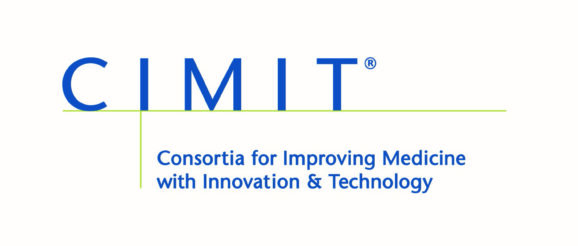Consortia for Improving Medicine with Innovation and Technology (CIMIT) joins IDSS Alliance – IDSS

IDSS welcomed a new alliance member this summer: Consortia for Improving Medicine with Innovation and Technology (CIMIT). After learning about each other’s capabilities during the membership period, CIMIT and IDSS researchers, led on the IDSS side by Professor Anette ‘Peko’ Hosoi, are planning to collaborate to develop a tool to help organizations like schools, businesses, and factories make rational decisions and implement successful strategies for Covid-19 testing.
is a network of academic and medical institutions partnering with industry and government to foster collaboration and accelerate innovation in healthcare technologies. CIMIT includes many of Boston’s strongest academic medical centers and universities, plus a growing network of national and international affiliates.
CIMIT, through the National Institutes of Health Point-of-Care Technologies Research Network (), has helped to launch the (RADx) Tech program, one arm of the larger NIH RADx initiative. RADx Tech aims to accelerate the development, validation, and commercialization of innovative point-of-care and home-based tests, as well as improvements to clinical laboratory tests, that can directly detect SARS-CoV-2, the virus that causes Covid-19. As the name suggests, the RADx initiative is structured to deliver innovative testing strategies for SARs-CoV-2 to the public quickly.
Both the accelerated development and focus on testing make CIMIT an ideal collaborator for IDSS, which launched the , or Isolat, in March. Isolat was organized by IDSS to provide systematic and rigorous analyses of data associated with the Covid-19 pandemic in order to inform policy makers. “Isolat, like IDSS, is a group that uses data and systems-level thinking to address societal challenges,” says Hosoi. “I think we were well-positioned to jump in and address the coronavirus pandemic.”
The breadth of expertise within Isolat contributed to the group’s ability to examine the interactions between physical systems and human behavior. But the biggest game changer, says Hosoi, was data. “Very early on in this crisis, a number of institutions made a lot of data publicly available. This allowed us to move quickly.”
Isolat research has looked broadly at pandemic challenges — “everything from the physical mechanism of transmission all the way up to making policy,” says Hosoi. Different teams worked on forecasting waves or spikes in virus spread, modeling modes of transmission, assessing policies and economic effects, and exploring the impacts on more vulnerable communities to address equity in managing scarce resources.
Isolat research has played a major role in informing MIT’s Covid re-opening plans and policies, particularly in testing strategy. Together with CIMIT, IDSS will develop tools to help organizations best determine how to structure testing and allocate resources to enable some activities to resume while minimizing the risk of Covid transmission.
The NIH Rapid Acceleration of Diagnostics (RADx) program has been funded in whole or in part with federal funds from the National Institute of Biomedical Imaging and Bioengineering, National Institutes of Health, Department of Health and Human Services, under Grant No. U54EB015408.
